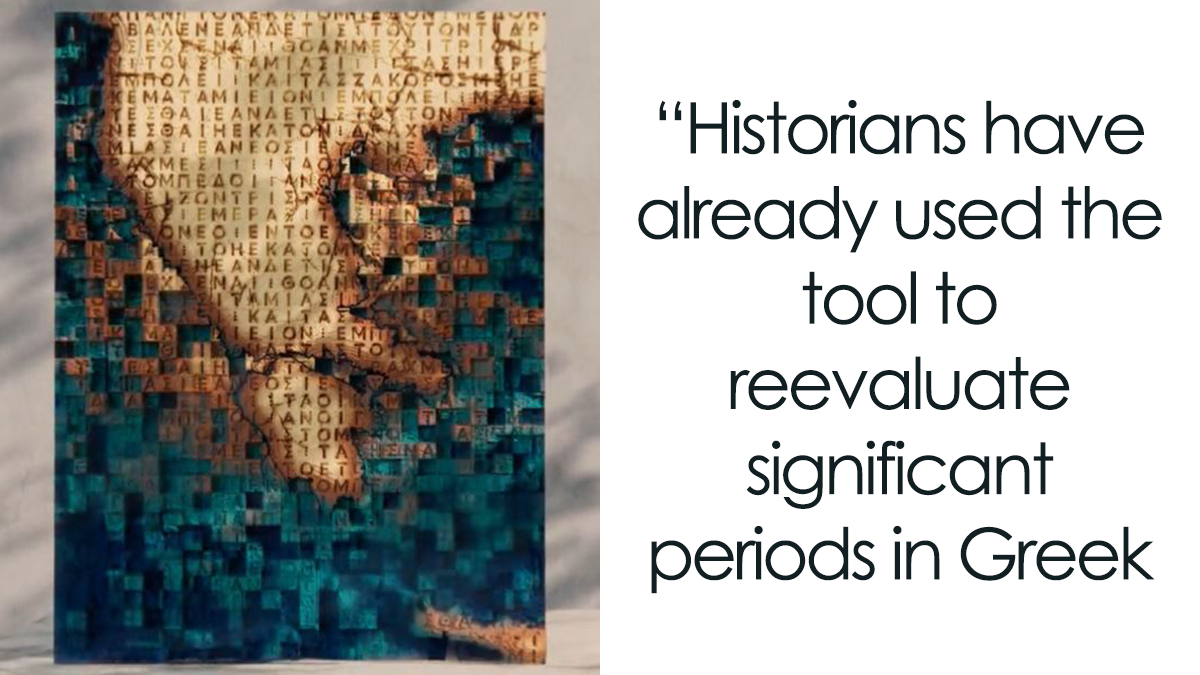
This Latest AI Model From Deepmind Can Decipher The Ancient Greek Texts That Were Damaged Or Missing
Without a doubt, history is crucially important to all of us. It’s essential to not only get to know ourselves better – but to understand the way the people and societies behaved thousands of years ago. Knowing what the world was like way before we were born and acknowledging that everything was, indeed, significantly contrasting to our present times is both exciting and nerve-racking.
Sometimes it’s hard to believe that we’re not the first people on this planet – and to grasp that the last 50 years practically turned our lives completely upside down makes it impossible to imagine what folks did a couple of thousand years ago. Historians go out of their way to educate themselves and the rest of the population about previous civilizations, but sometimes the human brain requires a little bit of help.
Artificial intelligence, a thing that might freak a person or two out, is just as essential to our present society. We constantly move forward, and so does technology, which often assists people and allows us to progress. And as it turns out, just a couple of days ago, DeepMind launched their new AI model that helps historians to “predict the past”.
More info: DeepMind | Twitter | Interactive version
New artificial intelligence model launched to help historians with deciphering inscriptions
Image credits: deepmind
Ancient Greek texts are one of the most fascinating occurrences that many so eagerly study nowadays. Epigraphy – a study of inscriptions that were commonly incised on stone, marble, metal, terracotta and wood – is now very thoroughly studied by scientists and historians to essentially get a closer look at what society was like many years ago and to draw conclusions about the writing and the writers themselves.
DeepMind introduced “Ithaca”, a deep neural network for restoration of damaged and missing ancient Greek texts
Image credits: DeepMind
DeepMind technology – which describes itself as “a team of scientists, engineers, ethicists and more, committed to solving intelligence, to advance science and benefit humanity” – is a British artificial intelligence subsidiary of Alphabet Inc. and is a research laboratory that is currently owned by Google. The company recently launched a groundbreaking AI model that allows folks to have a better understanding of history.
Image credits: deepmind
Image credits: deepmind
“Ithaca” allows interested parties to restore missing or damaged pieces of writing, identify their original location and help to indicate the ancient Greek text’s creation date. DeepMind revealed that the name of the artificial intelligence was inspired by a Greek island located in the Ionian Sea that is also known for being the homeland of Odysseus. Moreover, the staff proudly shared that their newest model achieves 62% accuracy in restoring damaged inscriptions, 71% accuracy in identifying their location, and can even date texts to within 30 years.
The AI model can predict the ancient text’s location
Image credits: deepmind
DeepMind has also launched a free interactive version of Ithaca on their website to let people understand the model better, and to see it functioning with their own eyes. Essentially, the way you use it is you grab a piece of ancient text, whether it’s severely damaged or is just missing a word – the idea is that you replace the missing characters with dashes and the characters to be predicted with question marks. After you have a text pasted in a specified box, the system comes up with numerous answers that are all marked with the probability percentage. Moreover, as promised by the company, if you scroll down, you see geographical and chronological attributions for your text.
Ithaca is also capable of establishing a Greek inscription’s date
Image credits: deepmind
Besides, the team has conducted an experiment that shows how the artificial model can greatly increase researchers’ progress. DeepMind shared that historians who’ve worked alone managed to achieve 25% accuracy when restoring texts – however, when working with Ithaca, the progress skyrocketed to a whopping 72%. This artificial intelligence is one of the many steps that could lead us to discovering the meanings of all sorts of historical treasures, and it’s truly amazing.
And most importantly, the artificial intelligence model restores text
Image credits: deepmind
Image credits: deepmind
DeepMind has also shared that though ancient Greece plays a huge role in the understanding of the world and past civilizations, they’re not planning to stop just yet. The team is currently working on versions of Ithaca that could assist historians with other ancient languages, such as Akkadian, Demotic, Hebrew and Mayan.
Image credits: Tilemahos Efthimiadis
Ithaca is the very first epigraphic restoration and attribution model of its kind. Knowing that the team is planning to constantly work on this artificial intelligence to improve its service is truly bewildering, as it’s a great progress that’ll help enthusiasts, historians and researchers to peek into the past once again.
One of the senior research scientists at DeepMind also took to Twitter to reveal the insides of the model
Image credits: iassael
Image credits: iassael
Image credits: iassael
Yannis Assael – one of the senior research scientists at Google DeepMind working on artificial intelligence, and specifically on Ithaca – also took to Twitter to reveal the insides of the model to his fellow followers. It’s simply unimaginable how proud and excited the team must be right now. Hopefully sometime soon we’ll be discovering interesting details regarding the ancient Greeks’ inscriptions.
DeepMind has also introduced a free interactive version of the model
To make this work widely available for all, a free interactive version has been developed with @googlecloud and @Google Arts & Culture: https://t.co/tCRwgTS55Y
The code, pretrained model, and an interactive colab notebook have all been open sourced: https://t.co/kDuoKj05FF 2/
— DeepMind (@DeepMind) March 9, 2022
Image credits: DeepMind
Some folks love to learn history, others aren’t that gripped by it as they’d prefer to live in the moment – however, we can all agree that knowing and realizing things about the past and its people is always gripping and extremely mesmerizing. Of course, some might feel a certain type of way about artificial intelligence cooperating with historians, but if it allows us to get to know the world better, why not?
Online folks around the globe were thrilled to learn about the new AI model
Image credits: UriShimron
Image credits: ISDedal
Image credits: RobetteTom
Image credits: 3Dstructure
Image credits: ninoristeski
Image credits: Sarcanon
6Kviews
Share on FacebookI do wonder if this is a slightly suspect or dangerous path to take when dealing with ancient texts. Essentially, the AI is guessing whats to be filled in so i do wonder how open it is to misinterpretation? Consider this: take any text and randomly remove lets say 60 percent of the text, not just 60 percent of the words but whole paragraphs, entire sections and then try to recreate it directly. Now,. the article DOES say "to a 72% accuracy" post analysis but still, thats a lot of space for mistakes to occur. Being a historian just became a lot more interesting though . . .
The problem with AI in this case is that it's not 100% accurate and therefore the results are meaningless. The results are essentially one of many possibilities as to what was written.
60% accuracy is not worthless. Historian then could check and give revision.
Load More Replies...I do wonder if this is a slightly suspect or dangerous path to take when dealing with ancient texts. Essentially, the AI is guessing whats to be filled in so i do wonder how open it is to misinterpretation? Consider this: take any text and randomly remove lets say 60 percent of the text, not just 60 percent of the words but whole paragraphs, entire sections and then try to recreate it directly. Now,. the article DOES say "to a 72% accuracy" post analysis but still, thats a lot of space for mistakes to occur. Being a historian just became a lot more interesting though . . .
The problem with AI in this case is that it's not 100% accurate and therefore the results are meaningless. The results are essentially one of many possibilities as to what was written.
60% accuracy is not worthless. Historian then could check and give revision.
Load More Replies...
 Dark Mode
Dark Mode 

 No fees, cancel anytime
No fees, cancel anytime 







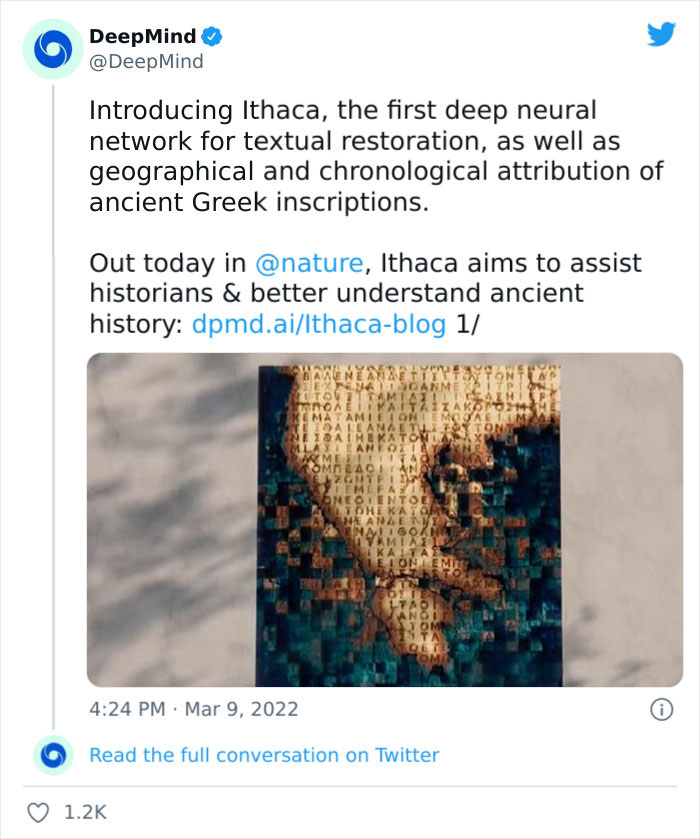
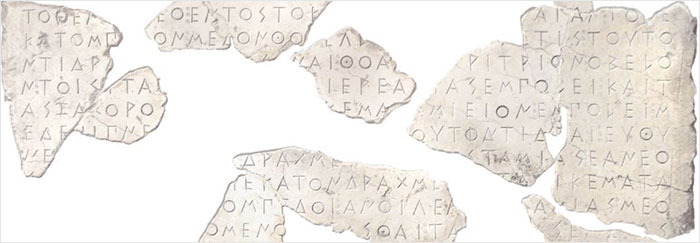
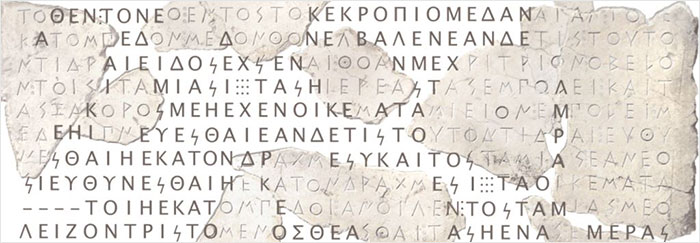
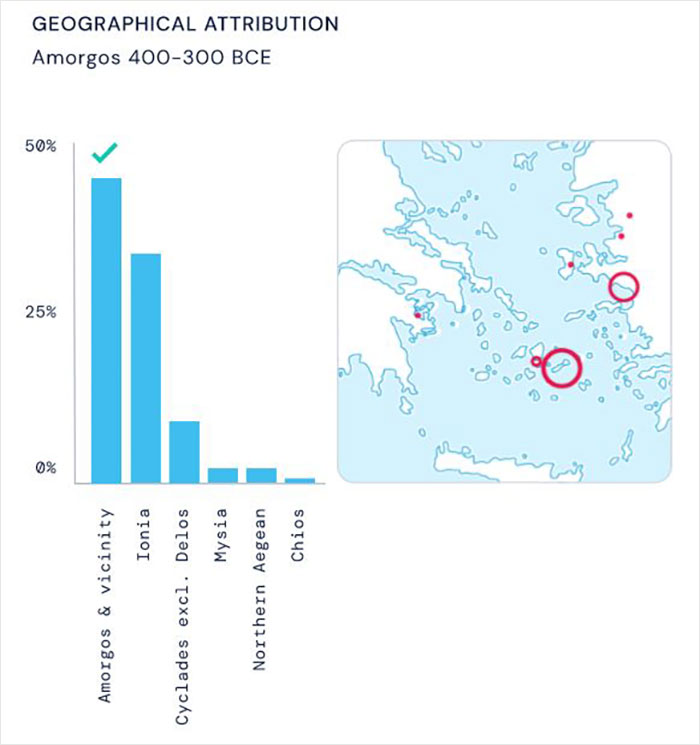
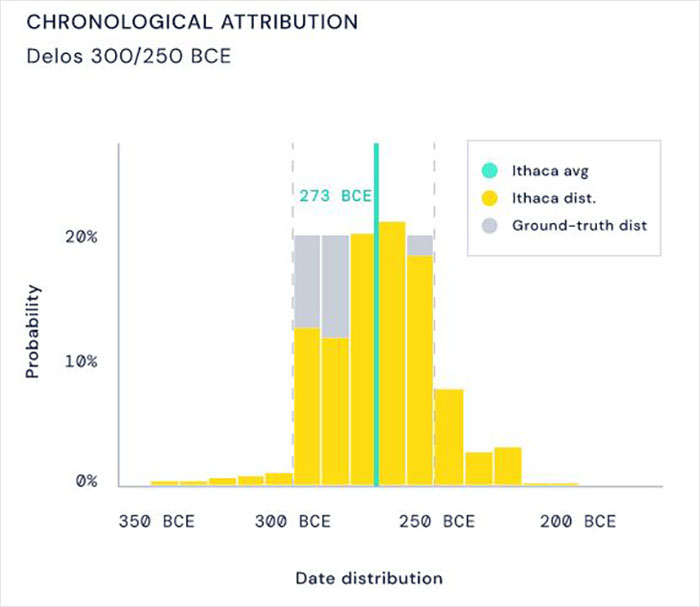
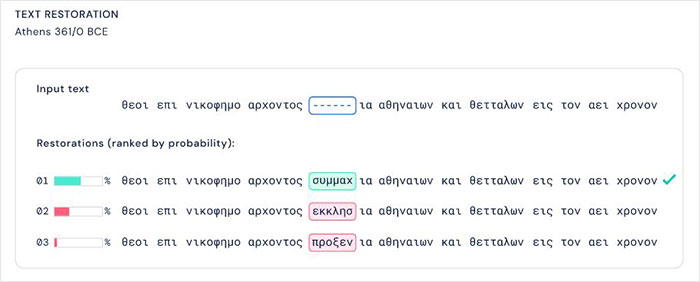

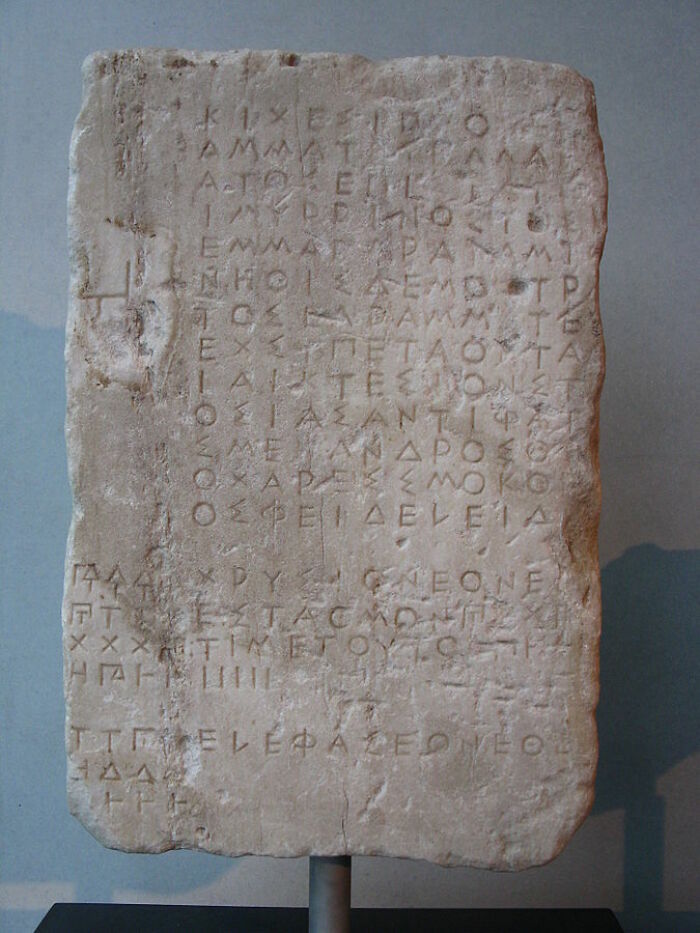
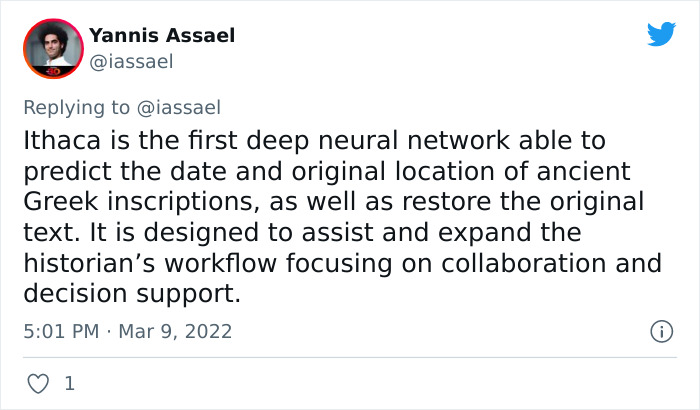
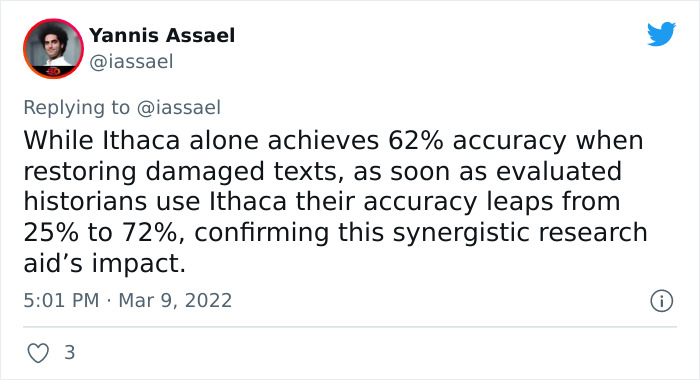
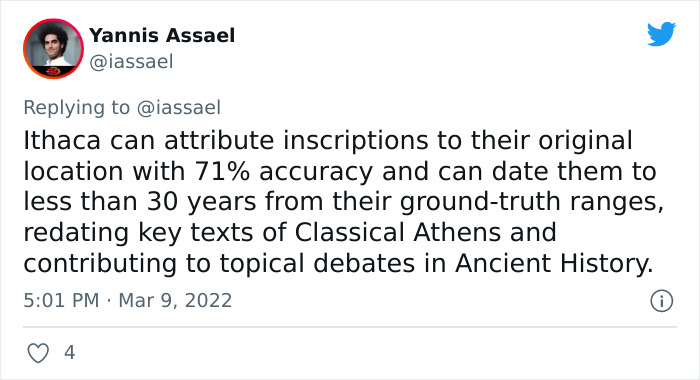
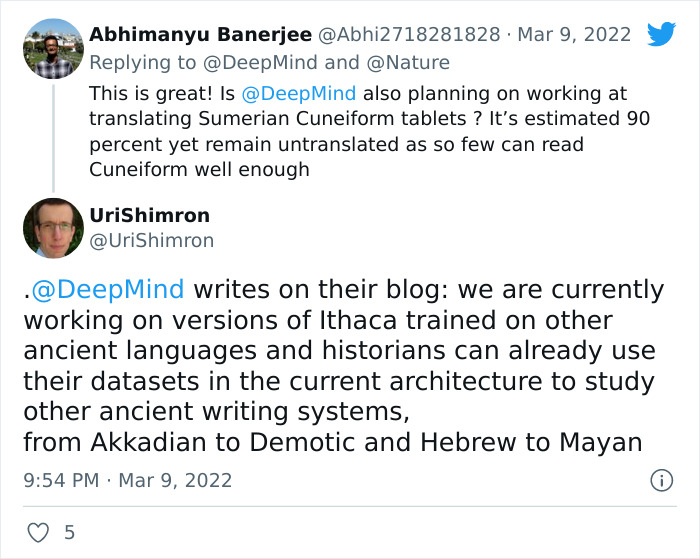
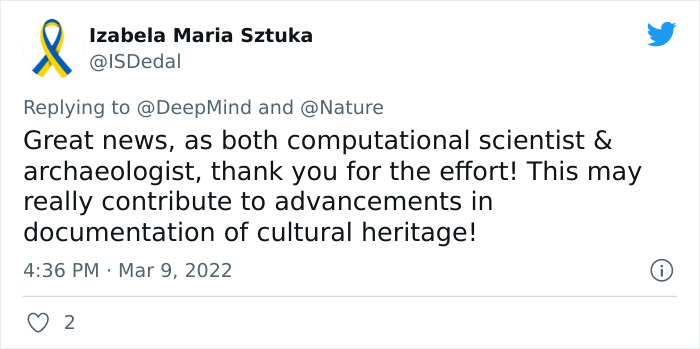

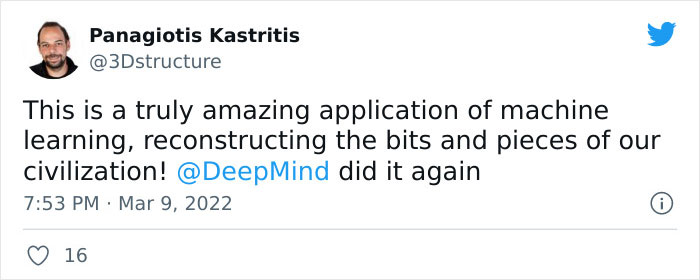
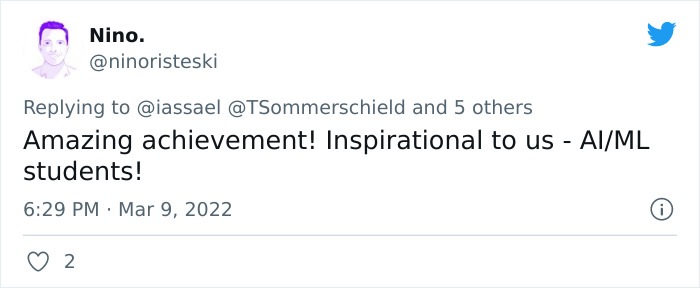
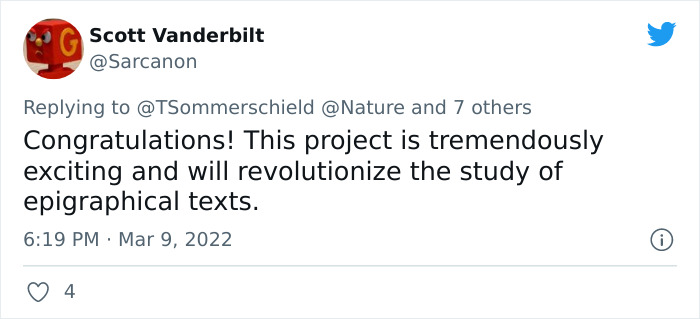












































91
9